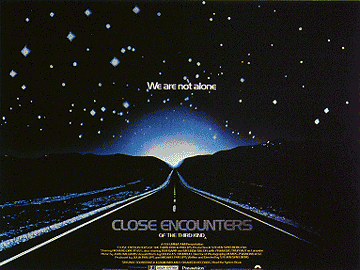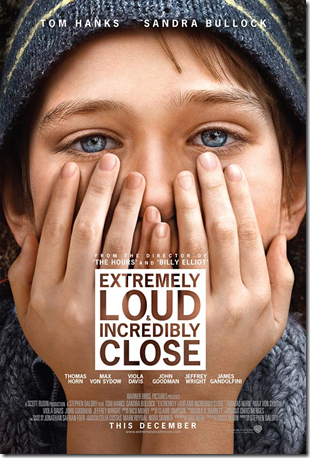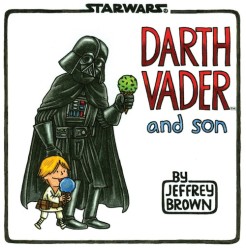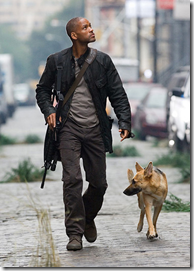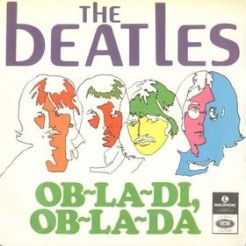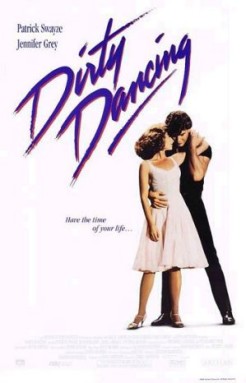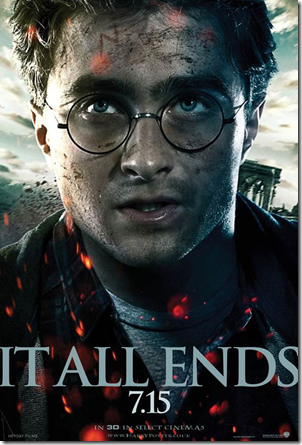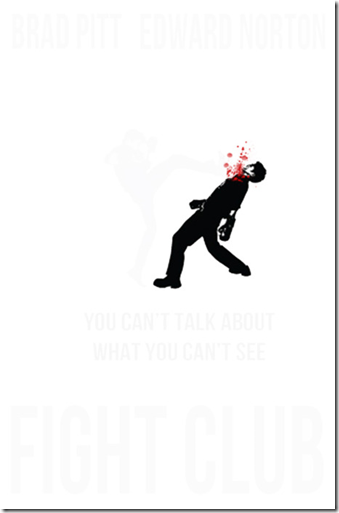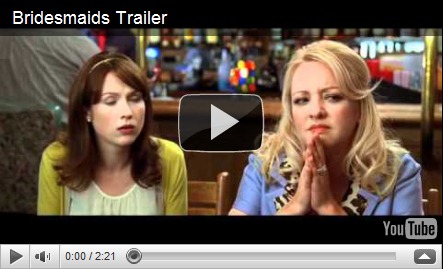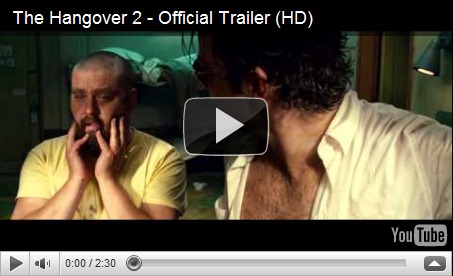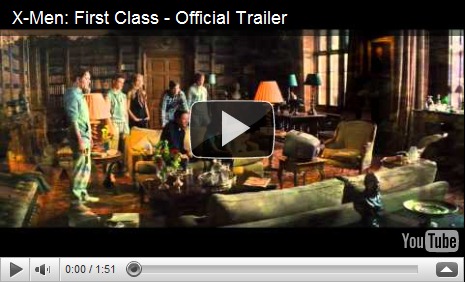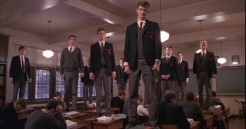I went to see The Descendants and found myself sitting beside two morons and their baby.
/Elysha and I went to the movie last night for Valentines Day. We saw a 7:35 PM showing of The Descendants, which we liked a lot. We arrived to the theater at 7:15 PM and were the first people to enter the theater. We had the luxury of choosing our favorite seats. It’s so nice when you and your spouse agree on the optimal view location in a movie theater.
Slowly the theater began to fill up. At 7:35 PM the movie began.
At 7:50 PM a couple walked in and sat one seat to my left. The woman, who was sitting closest to me, leaned over and asked how much they had missed.
“Not much,” I said, and it was true. They had missed the movie trailers and about five or ten minutes of the actual film. Still, don’t walk in late and disturb someone who managed to arrive on time.
Then she extracted her six-month old baby from the baby carrier strapped to her chest and placed it on her knee.
Yes. A baby.
The baby began making baby sounds almost immediately. Coos and whines and the occasional whimper. Once or twice the baby began to fuss and actually cry.
Fifteen minutes later, the woman, with the baby still sitting on her lap, learned over and asked me to clarify a plot point.
Two minutes later she asked for another clarification.
Five minutes after that, she began changing the baby’s diaper with the help of the husband/boyfriend/lunatic moron sitting beside her. Then she began to nurse the baby.
Five minutes later, Elysha and I finally ceded our optimal seating and moved to the back, away from the baby.
Twice during the film, the baby began seriously crying and had to be removed from the theater. Both times the woman returned with the baby after a few minutes.
My wife and I debated saying something during or after the film. I have frequently confronted people in theaters who are talking on phones, texting or talking to their companions. Once I forced a band of wandering teenagers to leave the theater and find another movie under threat of violence.
So I am not averse to confrontation. Nor is my wife.
Had these selfish, stupid, negligent parents entered the theater on time, I would have told them to leave. Had they refused, I would have insisted that management remove them.
Had they entered the theater during the trailers or even one minute into the film, I would have done the same thing.
But they entered ten minutes into the film, which left me with few options.
If you are willing to bring a six month old baby into a 7:35 PM showing of a rated R film on Valentines Day, you are clearly beyond reason. Arguing with them, debating with them or telling them how incredibly selfish and stupid they were would have been pointless.
Satisfying, but pointless.
Most important, it might have resulted in a full blown altercation, thus compromising the viewing of the movie for myself and those around me.
It’s different than telling a jackass to get off his phone. He can be easily be shamed into turning off his phone and watching the film. But you can’t turn off a baby. The only solution is to leave the theater, and convincing selfish, stupid people to do this is considerably more difficult.
I could have exited the theater, found a manager, explained the situation and had the parents removed, but doing so would have also compromised my viewing of the film. There is no pause button in the movie theater. I would have missed significant portions of the movie in an effort to have these selfish morons and their baby tossed from the theater, and even then, there was no guarantee that management would have sided with me.
There is a solution to this problem, and it is a simple one:
Movie theaters should not allow babies into films like The Descendants.
In fact, movie theaters should not allow babies into any film that are not rated G and made specifically for children.
Actually, I don’t think that infants belong in a movie theater at all. If your child is not old enough to sit up in his or her own seat, then your child does not belong in a movie theater.
But I’m willing to let this rule slide for rated G films.
Seems like an obvious solution, and yet these two selfish morons were allowed to purchase tickets and enter the theater with a baby, thus diminishing the movie-going experience for the fifty people around them.
And before you try to tell me that this is a once-in-a-lifetime problem, it’s not. My wife and I once found ourselves sitting next to a couple and their infant while watching Cloverfield, a PG-13 monster movie that was so violent that Elysha was worried about our daughter being exposed to the film from inside the womb. In that instance, the movie was so loud and so terrifying that the morons sitting next to us managed to activate enough brain cells to realize that bringing their baby to a monster movie was not a good idea and left.
Last night’s couple not only failed to come to this realization, but they also had the audacity to ask me questions during the movie, change a diaper and breast feed.
Best of all, when I arrived home that night, I handed $50 over to our babysitter, because we decided to leave our three-year old at home on Valentines Day rather than drag her into the movie theater. These jackasses compromised the enjoyment of everyone around them and avoided the expense of a babysitter as well.
I have decided in the course of writing this post to call the theater this afternoon and speak to a manager. I will explain what happened last night and ask for the company policy on bringing babies into films like The Descendants.
Basically, I want to know if this couple snuck their baby into the film or were allowed to enter with it.
If the couple snuck their baby into the film, so be it. There is nothing that the movie theater could do absent frisking every person who enters, but even that would be fine by me. I am frisked every time I enter Gillette Stadium to watch the Patriots play and would be more than willing to submit to a search at the movie theater as well.
But if there is no company policy regarding bringing babies into a film like The Descendants, then I don’t know what I am going to say.
But it should be interesting.
I’ll keep you updated.
